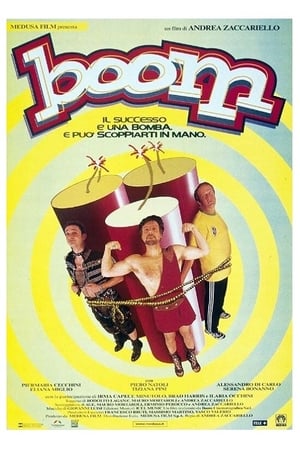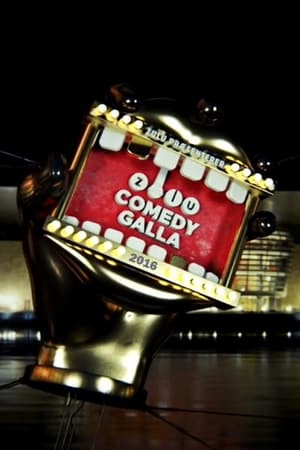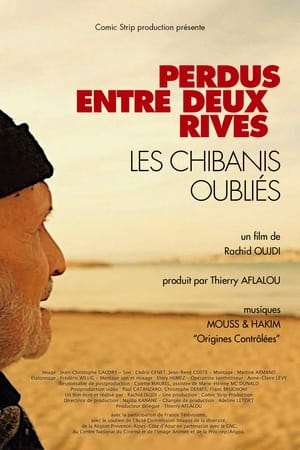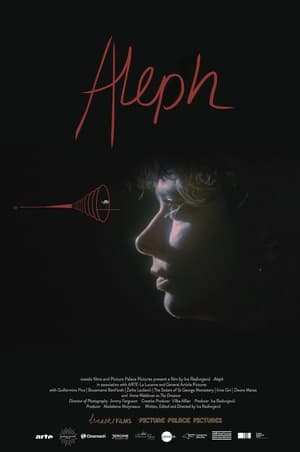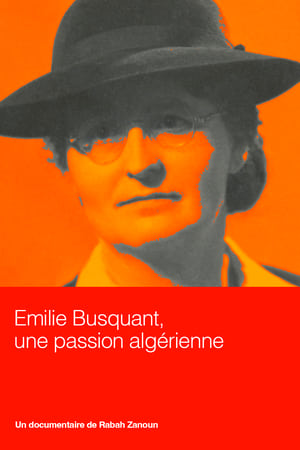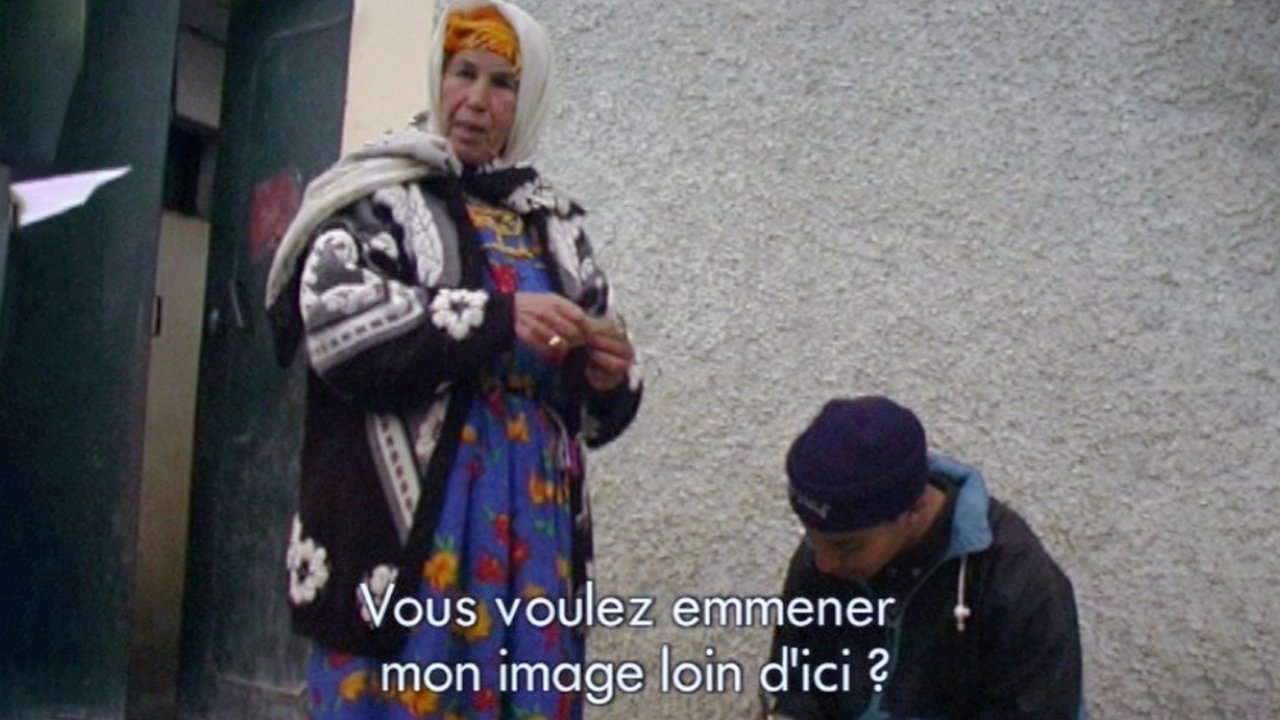
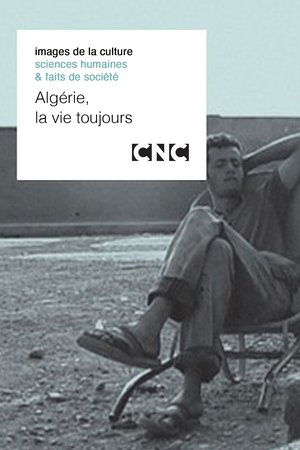
Algérie, la vie toujours(2001)






Movie: Algérie, la vie toujours

Algérie, la vie toujours
HomePage
Overview
Release Date
2001-01-01
Average
10
Rating:
5.0 startsTagline
Genres
Languages:
Keywords
Recommendations Movies
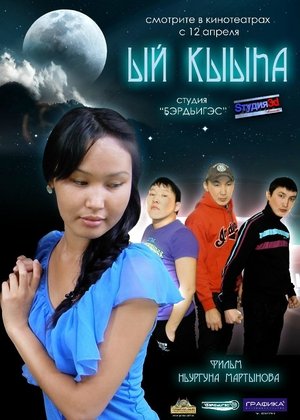 6.3
6.3Girl on the Moon(ru)
Someone from another planet crashed on Earth and evil is chasing him, and then love appears, and it defeats evil through an amulet.
 6.7
6.7Gourmet Detective: A Healthy Place to Die(en)
When Henry is invited as a guest speaker at a luxury resort spa, he quickly finds himself at the center of another murder. With Maggie at his side, our favorite duo must not only find the killer but be careful they don't become his latest victim.
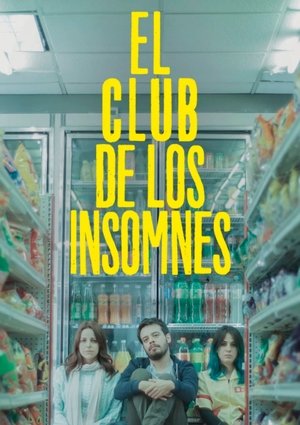 6.5
6.5The Insomnia Club(es)
Three people with insomnia get together at a supermarket where they share their experiences.
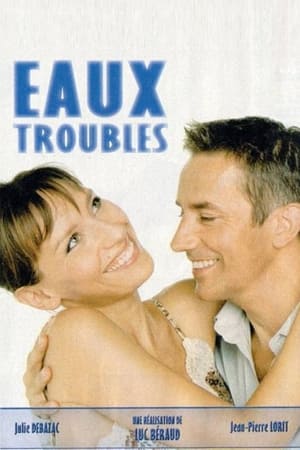 6.0
6.0Troubled Waters(fr)
Clara takes her daughter and her friends to a weekend visit at her grandfather's village. They all have a great time, but after they return home people start dying. First Clara's grandfather mysteriously drowns, then the children start getting sick and one, her goddaughter, dies. Around same time clients at the spa she teaches aqua-aerobics start getting sick with one dying. She finds some mysterious algea, related to Caulerpa taxifolia, planted near where her grandfather supposedly drowned. Clara suspects the algea and all of these illnesses and deaths are related to some sort of poisonings of fish caught near her Grandfather's village.
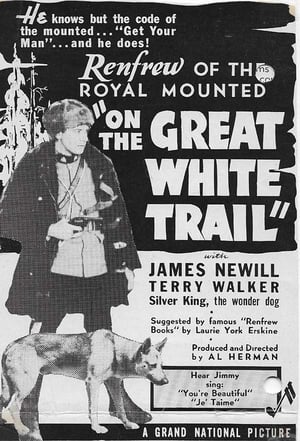 5.0
5.0On the Great White Trail(en)
Death stalked Garou's Landing, in the Canadian frozen north, but who was the killer who murdered two men and left them huddled in the snow. Sergeant Renfrew (James Newill, of the Royal Canadian Mounted Police, accompanied by his dog, Silver King (Silver King the Dog), and Kay Larkin (Terry Walker) the daughter of the man, Andrew Larkin (Robert Frazer) accused of the crime, sets out to solve the crime and bring the real killer to justice.
La Diana cazadora(es)
A great love story based on the idea and development of the famous monument that decorating Mexico City.
Voces de muerte(es)
A drama directed by Jess Franco based on a play by Edgar Wallace.
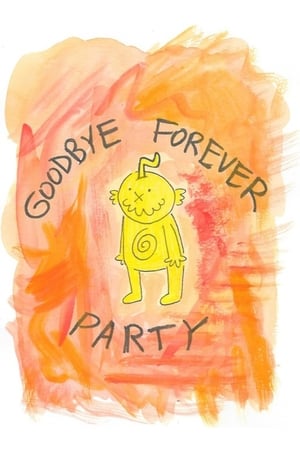 7.7
7.7Goodbye Forever Party(en)
Lilith, performer for a children's show called The Scrumbos, struggles with her job, mental illnesses and relationships.
 7.2
7.2Gourmet Detective: Eat, Drink and Be Buried(en)
Henry and Maggie attend the birthday party of a local publisher, where his son and stepson reenact a historical 18th century dual. Someone, however, has loaded the antique pistol with a real musket ball, so when son pulls the trigger, he kills his stepbrother in front of a roomful of witnesses. Henry and Maggie have to figure out who wanted the stepson dead and why.
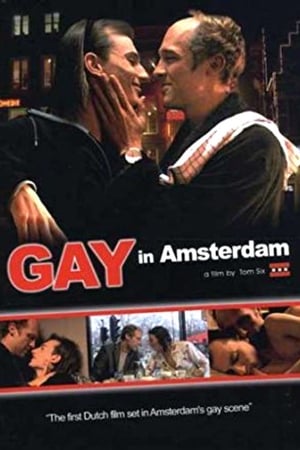 5.7
5.7Gay in Amsterdam(nl)
The Dutch film "Gay in Amsterdam" is about a cheating gay couple going through a rough patch in their relationship enjoying the famous Amsterdam gay-scene extravaganza.
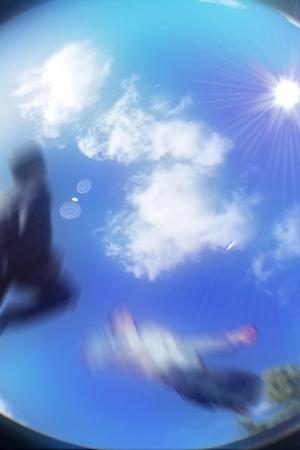 10.0
10.0Circle(en)
This short film follows a man lost in the woods driven by his fear of the unknown.
 6.5
6.5The Double Life(zh)
Hangzhou, China, the present day. Chen Congming, an associate professor at a medical college who is popular with his students, alarms his superiors with his theory that everyone has the potential to go crazy, and that the dividing line between sanity and insanity is paper-thin.
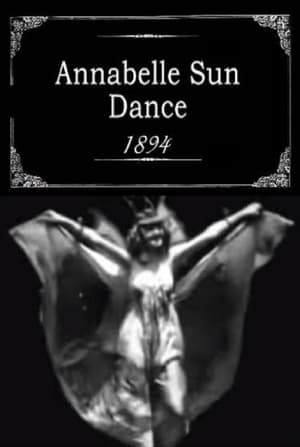 4.4
4.4Annabelle Sun Dance(en)
Annabelle Dances in William K.L. Dickson's 1894 short film
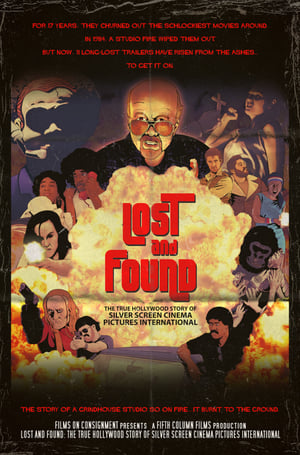 6.0
6.0Lost & Found: The True Hollywood Story of Silver Screen Cinema Pictures International(en)
In 1984, a massive fire destroyed the entire 17-year output of an exploitation movie studio. But the recent discovery of eleven lost trailers sheds a light on this disrespected, long-forgotten B-movie factory, and the mogul at its center.
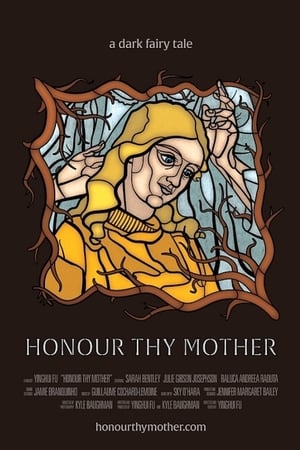 6.0
6.0Honour Thy Mother(en)
Liz is homeless, living life adrift. In a moment of despair and loneliness, she returns home after many years to her God-fearing mother and discovers time has changed more than she ever could have imagined.
Similar Movies
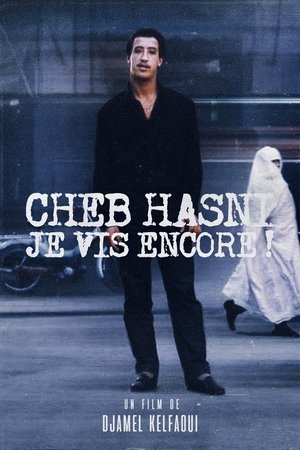 10.0
10.0Cheb Hasni, Je vis encore !(fr)
Director Djamel Kelfaoui pays tribute to the great singer Cheb Hasni, king of sentimental raï, who became cult in Algeria and beyond its borders, and who was murdered in the street in September 1994 in Oran, at the age of 26. Unique and last interview filmed a few months before the assassination of the singer considered the king of “raï love” or “sentimental song”. Cheb Hasni had recorded more than 150 cassettes during his career. His memory remains very alive in the Maghreb and Arab world and its diaspora throughout the world. A transgenerational icon, he will be posthumously decorated with the National Merit medal at the rank of Achir.
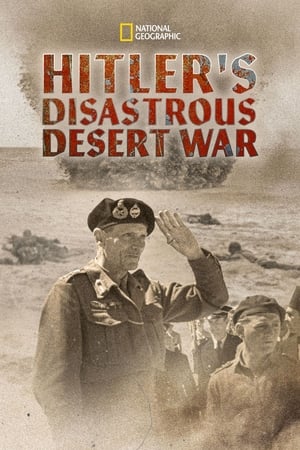 7.2
7.2Hitler's Disastrous Desert War(en)
When the British army looks set to defeat Mussolini’s Italian forces, Hitler sends reinforcements; the Afrika Korps led by General Rommel. The Desert Fox is on winning form until Montgomery, the British commander, sets up a plan to crush his opponent. After the American landing in North Africa, the Axis armies have no choice but to surrender and put an end to the Desert War.
 7.5
7.5To Be Twenty in the Aures(fr)
A group of refractory and pacifist Bretons is sent to Algeria. These beings confronted with the horrors of war gradually become killing machines. One of them did not accept it and deserted, taking with him an FLN prisoner who was to be executed the next day. International Critics Prize at the 1972 Cannes Film Festival. Copy restored in 2012
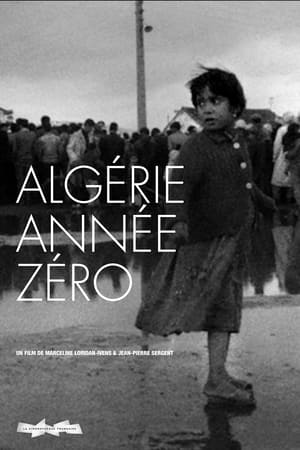 10.0
10.0Algeria, Year Zero(fr)
Documentary on the beginnings of Algerian independence filmed during the summer of 1962 in Algiers. The film was banned in France and Algeria but won the Grand Prize at the Leipzig International Film Festival in 1965. Out of friendship, the production company Images de France sent an operator, Bruno Muel, who later declared: "For those who were called to Algeria (for me, 1956-58), participating in a film on independence was a victory over horror, lies and absurdity. It was also the beginning of my commitment to the cinema."
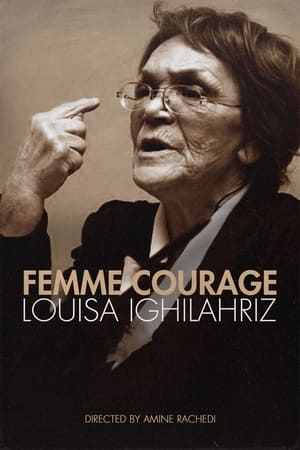 10.0
10.0Woman of Courage - Louisa Ighilahriz(ar)
The autobiographical account of the tormented life of a witness of the century: Louisa Ighilahriz, activist and leading figure in Algerian independence. A student, she joined the independence struggle at the age of 20, joining the ranks of the FLN on the eve of the Battle of Algiers in late 1956 under the name Lila. She took part in the high school students' strike, then fled into the maquis when she was actively sought after. She was part of the French FLN support network of "suitcase carriers" during the Battle of Algiers. Seriously wounded alongside her network leader, Saïd Bakel, during an ambush in 1957, hospitalized and then imprisoned, she suffered numerous tortures in French prisons. She will be saved from certain death by an anonymous person, she will seek, for forty years, to find him just to show him her gratitude... Emblematic of the painful Franco-Algerian history, Louisa's story is poignant and imbued with humanism.
 6.0
6.0Glimpses of Morocco and Algiers(en)
This FitzPatrick Traveltalk short visits the cities of Casablanca, Rabat, and Marrakesh in Morocco, as well as the city of Algiers in Algeria.
 6.0
6.0The Panafrican Festival in Algiers(ar)
Festival panafricain d'Alger is a documentary by William Klein of the music and dance festival held 40 years ago in the streets and in venues all across Algiers. Klein follows the preparations, the rehearsals, the concerts… He blends images of interviews made to writers and advocates of the freedom movements with stock images, thus allowing him to touch on such matters as colonialism, neocolonialism, colonial exploitation, the struggles and battles of the revolutionary movements for Independence.
 10.0
10.0Manifesto of the 121(fr)
On September 5, 1960, the trial of about twenty French activists from the "Jeanson Network" began, supporters in the metropolis of the action of the Algerian FLN independence activists. But after a few days, the situation was reversed and the trial transformed into a political arena, it was the government, the army, their policy, it was the entire Algerian war whose trial began. Accused, witnesses, lawyers, overflowing a stunned court, transformed the courtroom into a tribune of the opposition. The trial coincided with the publication of the "Manifesto of the 121" on the right to insubordination, signed among others by Jean Paul Sartre, Arthur Adamov, Simone de Beauvoir, André Breton, Marguerite Duras, Pierre Boulez, René Dumont, François Chatelet…
 7.2
7.2Dawn of the Damned(fr)
This excellent feature-length documentary - the story of the imperialist colonization of Africa - is a film about death. Its most shocking sequences derive from the captured French film archives in Algeria containing - unbelievably - masses of French-shot documentary footage of their tortures, massacres and executions of Algerians. The real death of children, passers-by, resistance fighters, one after the other, becomes unbearable. Rather than be blatant propaganda, the film convinces entirely by its visual evidence, constituting an object lesson for revolutionary cinema.
 10.0
10.0Gerboise Bleue(fr)
"Gerboise bleue", the first French atomic test carried out on February 13, 1960 in the Algerian Sahara, is the starting point of France's nuclear power. These are powerful radioactive aerial shots carried out in areas belonging to the French army. Underground tests will follow, even after the independence of Algeria. From 1960 to 1978, 30,000 people were exposed in the Sahara. The French army was recognized recognized nine irradiations. No complaint against the army or the Atomic Energy Commission has resulted. Three requests for a commission of inquiry were rejected by the National Defense Commission. For the first time, the last survivors bear witness to their fight for the recognition of their illnesses, and revealed to themselves in what conditions the shootings took place. The director goes to the zero point of "Gerboise Bleue", forbidden access for 47 years by the Algerian authorities
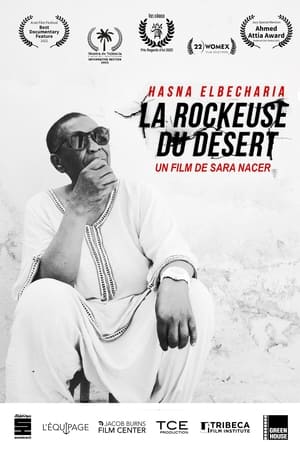 10.0
10.0The Desert Rocker(fr)
The Desert Rocker is an intimate, witty and profound portrait of the extraordinary Hasna El Becharia, a pioneer Gnawa artist. The first musician to break through the social barrier of this culture, she empowers and inspires women of all ages by reclaiming a musical tradition reserved for men for centuries . A singularly talented artist, she leads women to redefine their roles and challenge cultural norms , one musical performance at a time.
 10.0
10.0An Unhealed Wound - The Harkis in the Algerian War(fr)
It's the unforgivable story of the two hundred thousands harkis, the Arabs who fought alongside the French in the bitter Algerian war, from 1954 to 1962. Why did they make that choice? Why were they slaughtered after Algeria's independence? Why were they abandonned by the French government? Some fifty to sixty thousands were saved and transferred in France, often at pitiful conditions. This is for the first time, the story of this tragedy, told in the brilliant style of the authors of "Apocalypse".
 0.0
0.0True Chronicles of the Blida Joinville Psychiatric Hospital in the Last Century, when Dr Frantz Fanon Was Head of the Fifth Ward between 1953 and 1956(ar)
1953, colonized Algeria. Fanon, a young black psychiatrist is appointed head doctor at the Blida-Joinville Hospital. He was putting his theories of ‘Institutional Psychotherapy’ into practice in opposition to the racist theories of the Algies School of Psychiatry, while a war broke out in his own wards.
 8.0
8.0The Lives of Albert Camus(fr)
Albert Camus died at 46 years old on January 4, 1960, two years after his Nobel Prize in literature. Author of “L'Etranger”, one of the most widely read novels in the world, philosopher of the absurd and of revolt, resistant, journalist, playwright, Albert Camus had an extraordinary destiny. Child of the poor districts of Algiers, tuberculosis patient, orphan of father, son of an illiterate and deaf mother, he tore himself away from his condition thanks to his teacher. French from Algeria, he never ceased to fight for equality with the Arabs and the Kabyle, while fearing the Independence of the FLN. Founded on restored and colorized archives, and first-hand accounts, this documentary attempts to paint the portrait of Camus as he was.
 6.6
6.6Mariner of the Mountains(fr)
Filmmaker Karim Aïnouz decides to take a boat, cross the Mediterranean, and embark on his first journey to Algeria. Accompanied by the memory of his mother, Iracema, and his camera, Aïnouz gives a detailed account of the journey to his father’s homeland, interweaving present, past, and future.
 10.0
10.0Pierre Clément, Cinéma et Révolution(ar)
Pierre Clément, student and photographer of René Vauthier, first accompanied him to Tunisia to make a film on the country's independence in 1957. Destiny led him to Algeria and his presence in February 1958 at the Tunisian-Algerian border changed his life. . Forever. He took his camera and photographed the attacks on Sakia Sidi Youssef before committing himself body and soul to the Algerian cause. Shortly after, he directed the film “Algerian Refugees” before being arrested, tortured and imprisoned, while his third film, “The National Liberation Army in Almaki”, was not finished. Abdel Nour Zahzah, a director who commemorates Pierre Clément, the director who risked his life, the brother of the Algerian resistance, who disappeared in 2007.
 10.0
10.0M'hamed Issiakhem(ar)
"A country without artists is a dead country... I hope we are alive..." It is in this film by Fawzi Sahraoui produced by the RTA in 1985 and filmed a few months before the painter M'hamed Issiakhem 'turns off this sentence is spoken. A very interesting docu-fiction in which Issiakhem delivers himself with finesse, passion and generosity.

